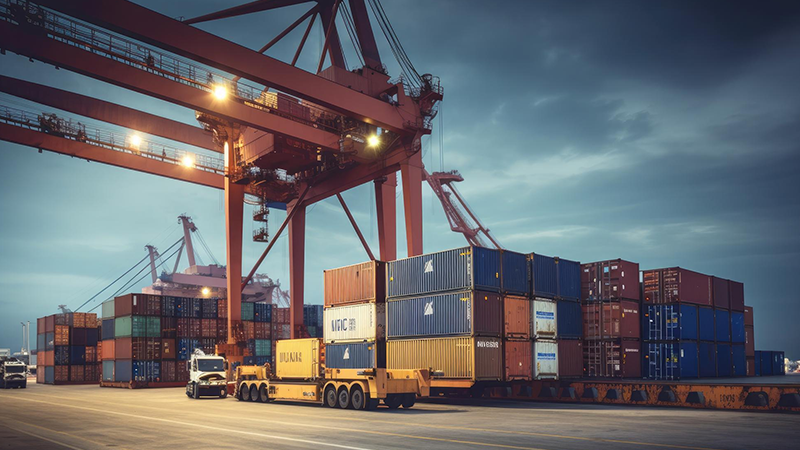Since the introduction of the Remessa Conforme Program, taxation on international purchases has generated disagreement between Congress and the Brazilian government and continues to be discussed, specifically with regard to the hitherto zero rate for Import Tax on goods of up to US$ 50 (fifty dollars) sent from legal entities to individuals.
It is in this context that, last Wednesday (05/06), after the Chamber called for an end to the zero tax rate, inaugurated by deputy Átila Lira, Congress and the government reached an agreement, keeping the tax on such purchases at 20%. President Luiz Inácio Lula da Silva had already expressed his opposition to the so-called “sweater tax”, but indicated the possibility of negotiation, which was achieved in the last vote.
The issue was included in the text of the Complementary Bill (PLP) No. 914/2024, which dealt with another issue, the Green Mobility and Innovation Program (Mover), after much negotiation and pressure from the Speaker of the House, Arthur Lira, based on concern about the great competition from foreign products that have prices far below those practiced by the national trade.
Although the measure is considered unsympathetic, the deputy is based on the need to stimulate national retail and argues that the zero rate for this tax has caused concern for the national industry, using the expression “absolutely unfair competition” to define the urgency of discussing the issue. From the point of view of revenue, the Federal Revenue Service has indicated a potential loss of around R$34.93 billion by 2027 if the full exemption for international purchases is maintained, according to information from the National Federation of State and District Tax Authorities – FENAFISCO[1].
In terms of procedure, given that the Senate made changes to the content of the text sent to the Plenary, the bill will have to be considered again by the House, and only then will it be sent to President Lula for sanction.
Despite the negotiations, the agreed taxation did not please Brazilian businesspeople, who want even higher taxes on foreign products. On the subject, the president of the Institute for Retail Development, Jorge Gonçalves Filho, pointed to a loss of R$136 billion over the last five years for 71 companies that are members of the Institute in relation to foreign shipments. On the other hand, foreign businesspeople have also expressed their disapproval of the 20% tax rate, arguing that the average tax rate practiced worldwide is lower than that established by Brazil for the time being.
Despite the possible limitation of the exemption, tax benefits persist within the scope of “Remessa Conforme”, to the extent that failure to join the Program would subject foreign products to the standard import tax rate for purchases of up to US$ 50, with a 60% charge. Likewise, customs benefits remain, with the maintenance of differentiated and prioritized treatment in customs clearance, which speeds up the delivery process and minimizes the risk of fierce inspection by the Federal Revenue Service in identifying possible fraud[2].
In this still uncertain scenario, the debate promises to continue, as deputy Arthur Lira himself said, signaling a “second round” of the issue within the Tax Reform. The Tax Law team at Marins Bertoldi Advogados is closely monitoring all these updates and is available to answer any questions and go into them in greater detail in line with each company’s reality.
[1] https://fenafisco.org.br/17/04/2024/receita-federal-diz-que-vai-barrar-encomendas-internacionais-que-tragam-risco-ao-consumidor/
[2] For more details on the subject, see the material published by our team on 01/02/2024, available at (https://marinsbertoldi.com.br/conteudo/informativo/programa-remessa-conforme-e-os-efeitos-na-tributacao-sobre-compras-internacionais/).
By Janini Denipoti and Ariana de Paula Andrade Amorim








